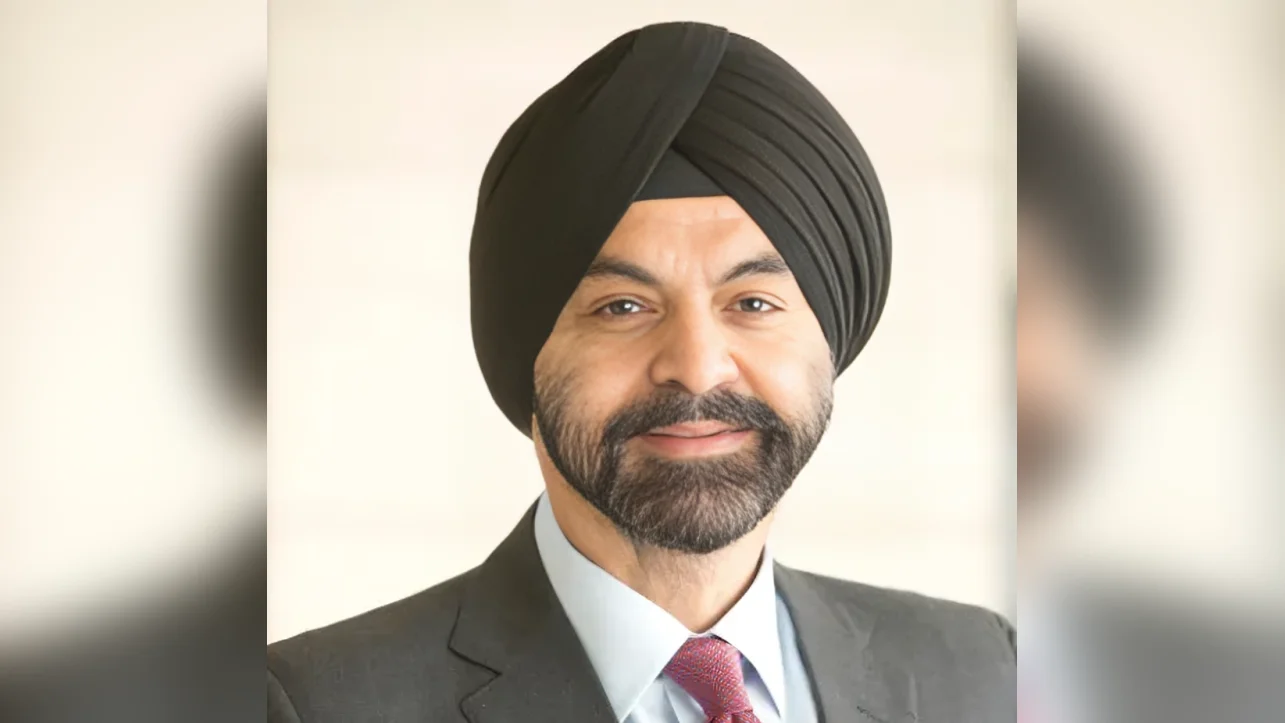The World Bank has committed significant funding to support women's economic opportunities in fragile and conflict-affected countries. In fiscal year 2024, nearly $3 billion in International Development Association (IDA) funding and over $1 billion in International Bank for Reconstruction and Development (IBRD) funding were allocated to promote human development and gender interventions in these regions.
In the Democratic Republic of Congo, the World Bank's Small and Medium Enterprise Development and Growth Project helped women establish over 5,000 businesses between 2018 and 2024, resulting in the creation of approximately 15,000 jobs. This effort supported the implementation of the Parity Law and enhanced Family Code to increase employment and entrepreneurship opportunities for women and youth.
Significant strides have also been made in Ethiopia, where the Women Entrepreneurship Development Project (WEDP) has enabled over 27,000 women to secure business loans since 2012. The project, which involves collaboration with banks and microfinance institutions, also provides entrepreneurship training. "A key ingredient in my success is the Women Entrepreneurship Development Project (WEDP). The liquidity facility and training from WEDP was a critical success factor for my business expansion," said Meseret, an entrepreneur in Dire Dawa.
The Yemen Emergency Crisis Response Project has granted support to 13,000 women farmers and 3,000 women-owned businesses. Between 2016 and 2022, 2,800 young people, including 51 percent women, were trained and employed as teachers, impacting around 83,000 students.
These initiatives align with the World Bank’s Strategy for Fragility, Conflict, and Violence (2020-2025) and the Gender Strategy (2024-2030), both of which aim to promote women's welfare and increase economic opportunities. The projects are part of the World Bank Group's broader effort to improve gender equality in countries facing instability and conflict.
By 2030, the World Bank Group plans to further amplify its impact by facilitating broadband access for 300 million women and providing capital support for 80 million women and women-owned businesses as part of its Gender Strategy 2024-2030.
Partnerships with organizations such as United Nations agencies, bilateral donors, and civil society groups play a crucial role in delivering these services and expanding opportunities for women, particularly in areas lacking state infrastructure.
Regarding future objectives, the World Bank's Gender Strategy 2024-2030 aims to enhance gender equality with a focus on improving global efforts and impactful results.

